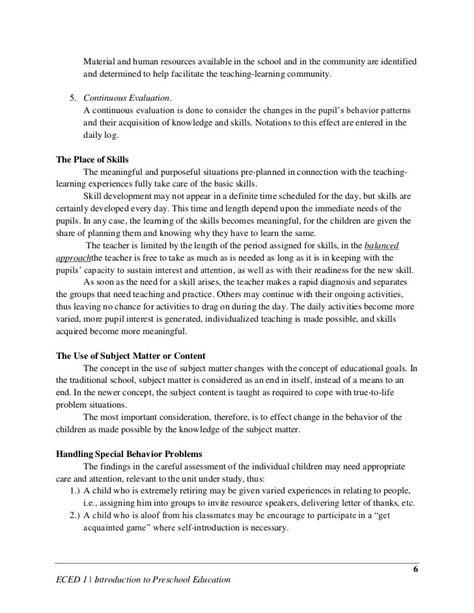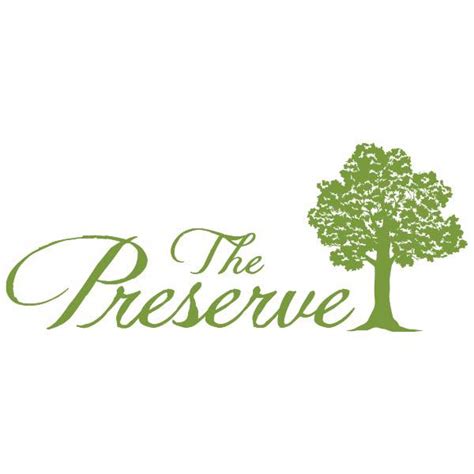The Foundation of Self-Perception: Unpacking Male Assumptions
Competence, at its core, is the ability to do something successfully or efficiently. Yet, how men perceive their own competence is rarely a straightforward assessment of skills; it’s often layered with deeply ingrained assumptions that can dramatically influence their professional and personal journeys. These underlying beliefs, often shaped by societal expectations, personal experiences, and even evolutionary drivers, act as silent architects of their approach to new challenges.
One prevalent assumption is that competence is an inherent, fixed trait, rather than a developed skill. This can lead to a belief that one either ‘has it’ or ‘doesn’t,’ making the learning process or temporary failures feel like a fundamental deficiency rather than a step towards mastery. Coupled with this is often a pressure, explicit or implicit, to project an image of unwavering capability, viewing vulnerability or asking for help as a sign of weakness.

The Dual Edges of Confidence: Overestimation and Imposter Syndrome
These assumptions can manifest in two seemingly contradictory but equally impactful ways: overconfidence and imposter syndrome. An overestimation of competence might compel men to tackle new challenges head-on without adequate preparation, underestimating obstacles, or failing to seek necessary input. This can be fueled by a belief in their innate problem-solving ability or a desire to avoid appearing uncertain. While this can sometimes lead to breakthroughs, it also carries the risk of preventable errors, burnout, or alienating others who might offer valuable support.
Conversely, the same underlying pressure to be ‘competent’ can breed imposter syndrome. Despite objective achievements, some men internalize the belief that their success is due to luck or deception, fearing exposure as a fraud. This can lead to hesitation in pursuing new challenges where the risk of failure is higher, or an avoidance of opportunities that would push them out of their perceived comfort zone, simply to protect the carefully constructed façade of competence.

Shaping the Approach to New Frontiers
The assumptions men make about their competence profoundly shape how they engage with new challenges. If competence is viewed as a fixed attribute, a new challenge becomes a test of inherent ability, with failure potentially confirming a deep-seated inadequacy. This mindset often leads to a preference for challenges where success is highly probable, or a reluctance to step into roles where they don’t immediately feel 100% qualified.
Furthermore, the perceived need for self-reliance often limits collaboration. Rather than leveraging diverse perspectives or admitting a need for guidance, there’s a tendency to ‘figure it out’ alone. While independence has its merits, complex challenges often demand collective intelligence and shared expertise. This can hinder learning, slow progress, and sometimes lead to suboptimal outcomes.

The Impact on Learning and Growth
A crucial aspect affected by these assumptions is the approach to learning and personal growth. If one assumes they should already be competent, seeking feedback or acknowledging areas for improvement can feel like an admission of failure. This fixed mindset can make it difficult to embrace new skills, adapt to changing environments, or accept constructive criticism positively. Learning becomes a remedial task rather than an ongoing journey of development.
Moreover, the fear of appearing less than fully competent can stifle innovation and risk-taking in a healthy way. Men might stick to tried-and-true methods even when new approaches are warranted, simply to avoid the potential for missteps or the need to learn publicly. This can limit their personal and professional evolution, creating a ceiling on their potential.

Cultivating a Healthier Mindset for Future Endeavors
Recognizing and challenging these underlying assumptions is the first step towards a more adaptive and resilient approach to new challenges. Cultivating a growth mindset – the belief that abilities can be developed through dedication and hard work – is paramount. This involves reframing failures as learning opportunities and embracing the process of acquiring new skills, even if it means feeling uncomfortable or less than fully proficient initially.
Encouraging vulnerability and the act of asking for help, not as a sign of weakness, but as a strategic move to leverage collective knowledge, can transform how men tackle complex problems. Building self-awareness around one’s true capabilities, acknowledging strengths while also being realistic about areas for development, fosters genuine confidence. By questioning the ingrained narratives around competence, men can approach new challenges with a more balanced perspective, fostering continuous learning and more profound achievements.





